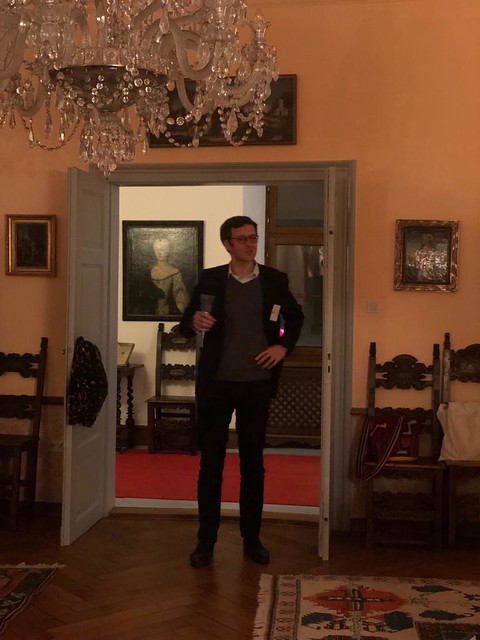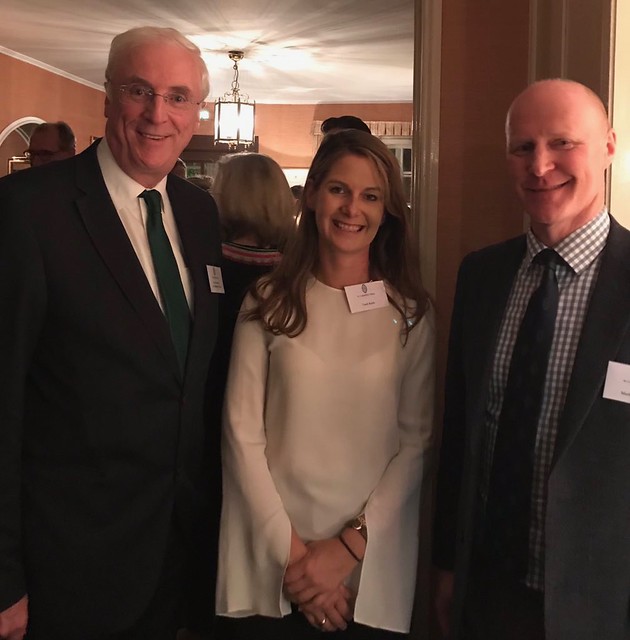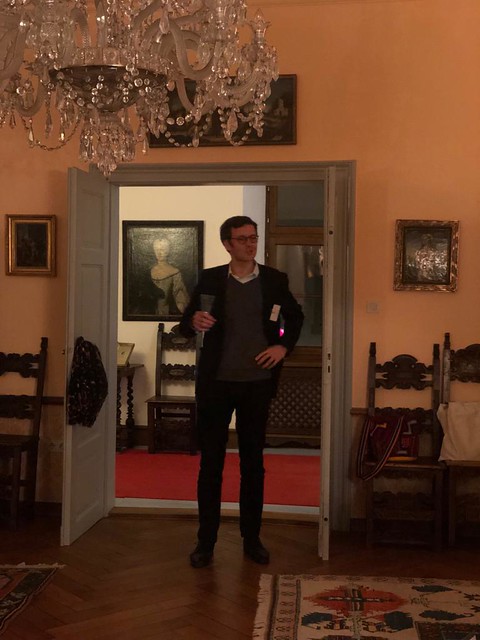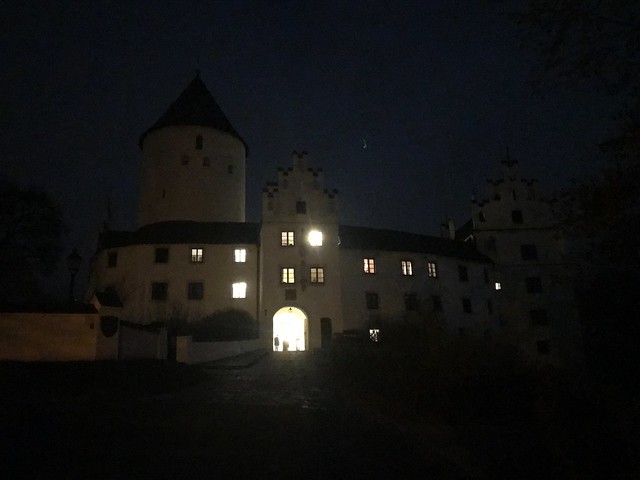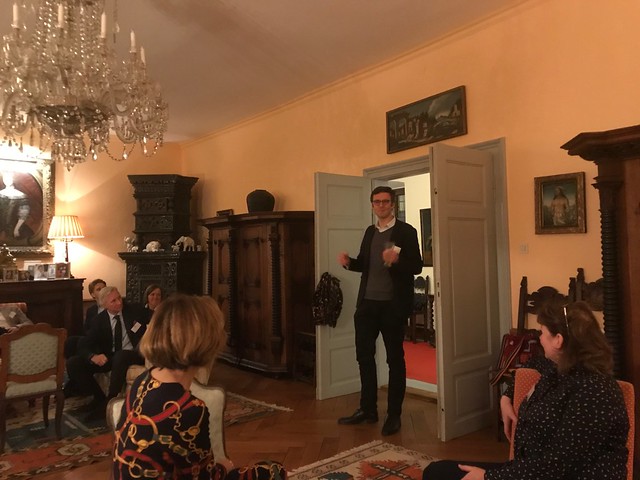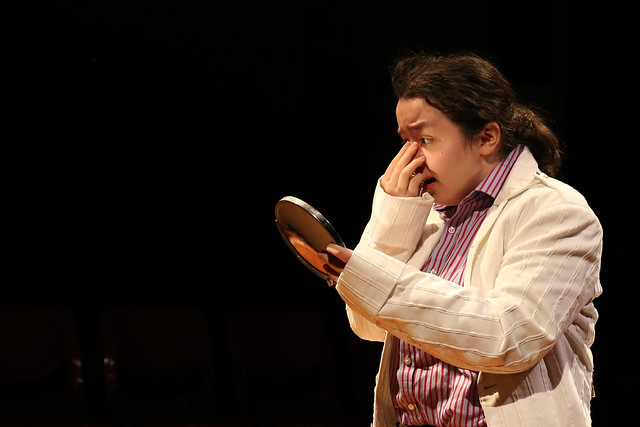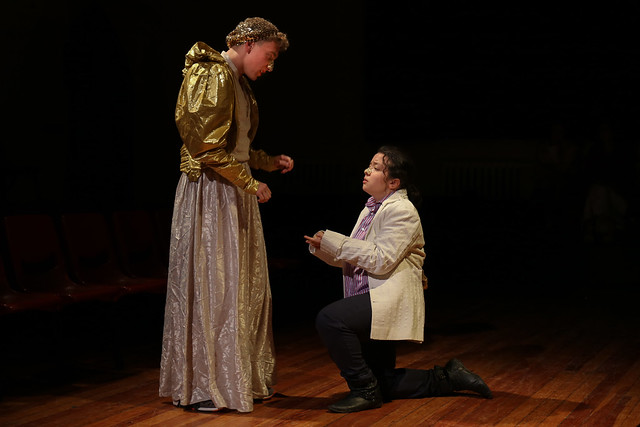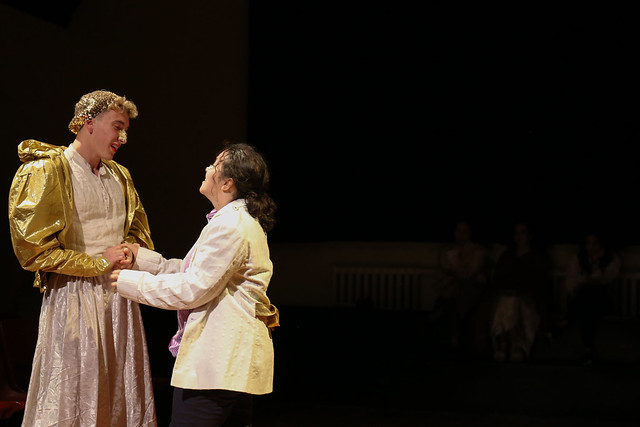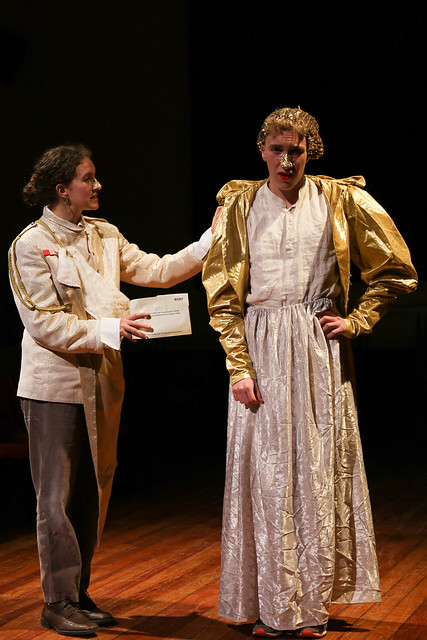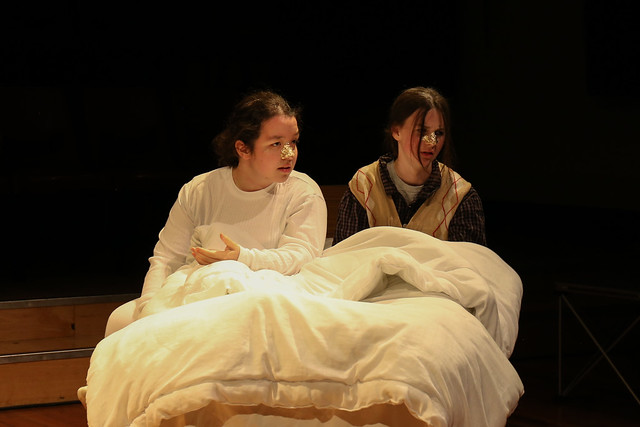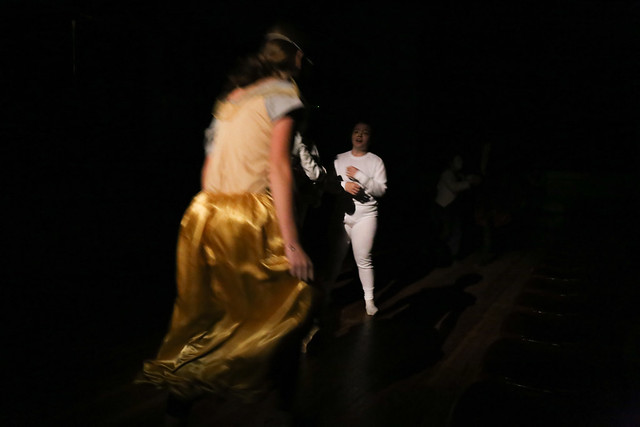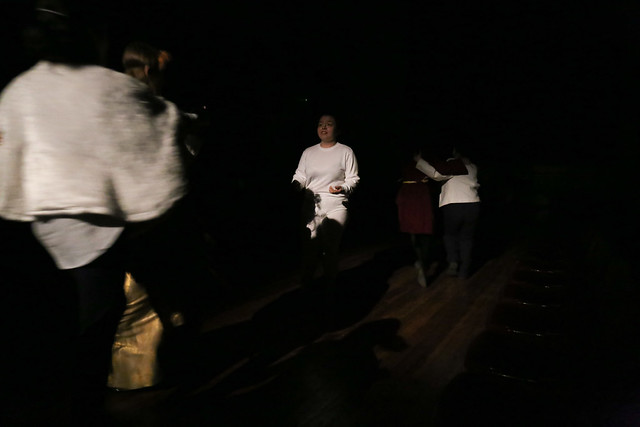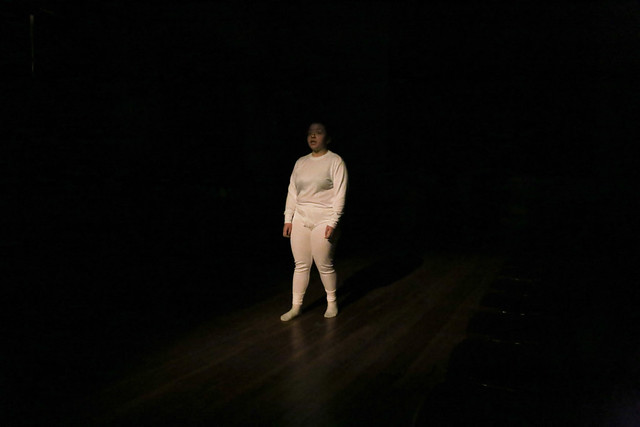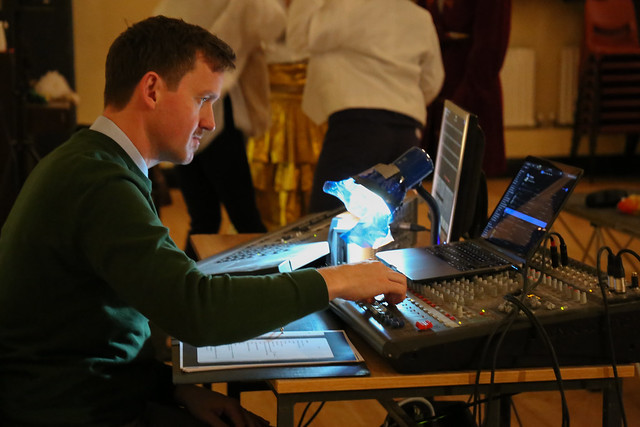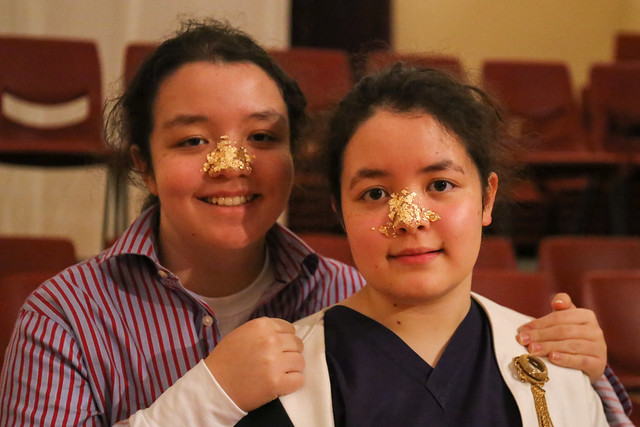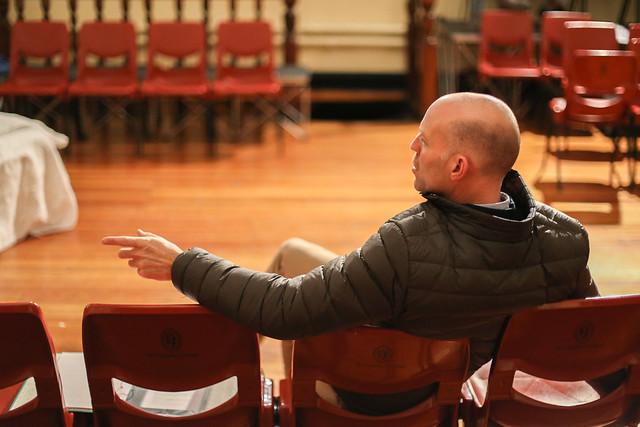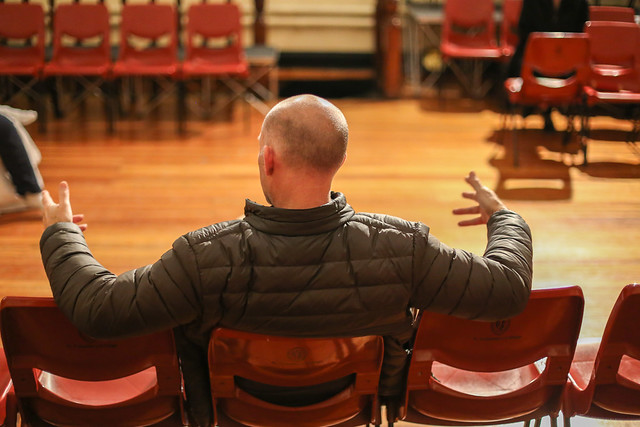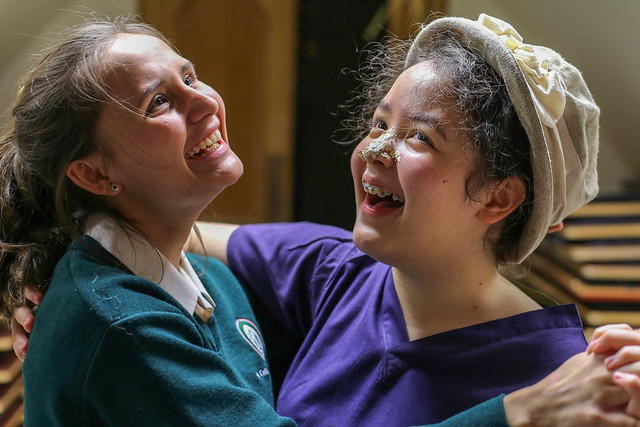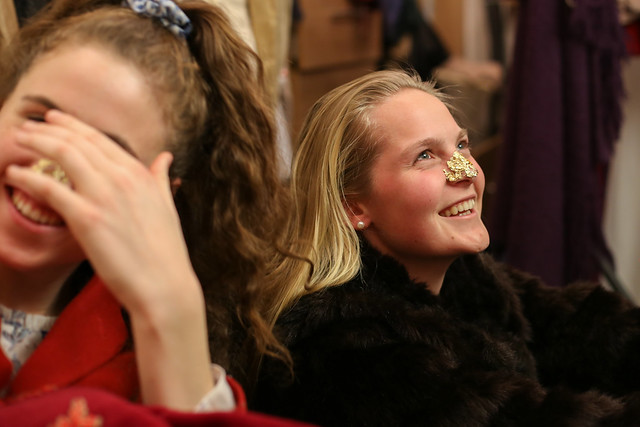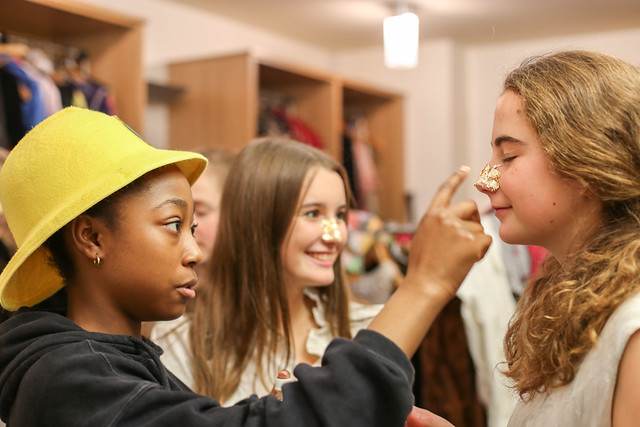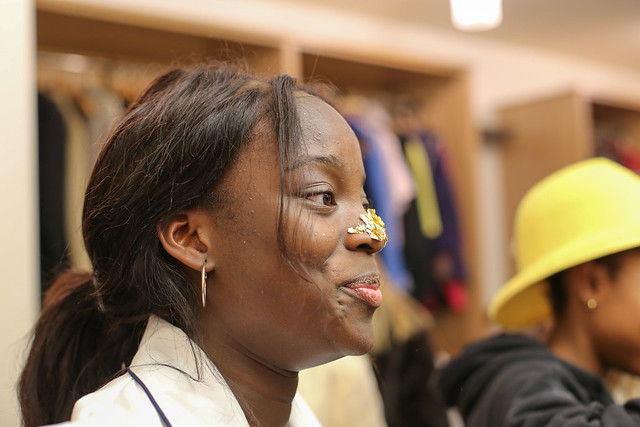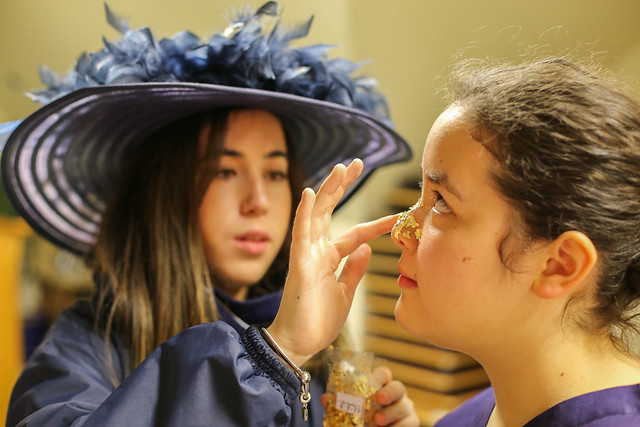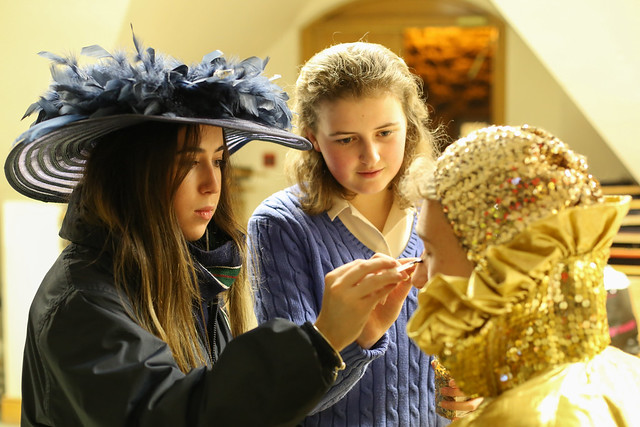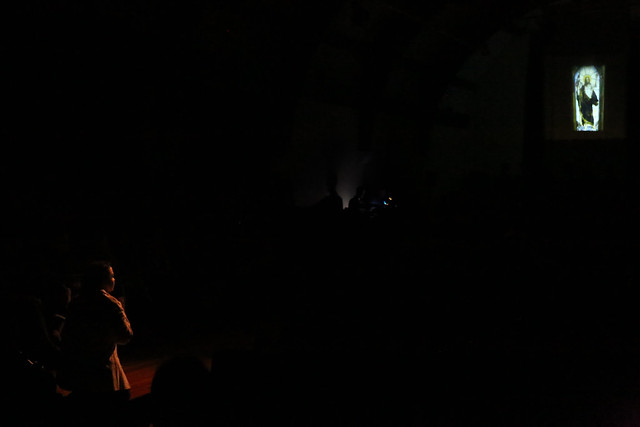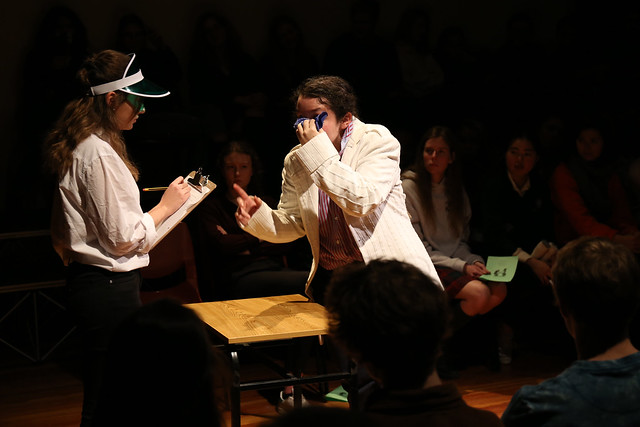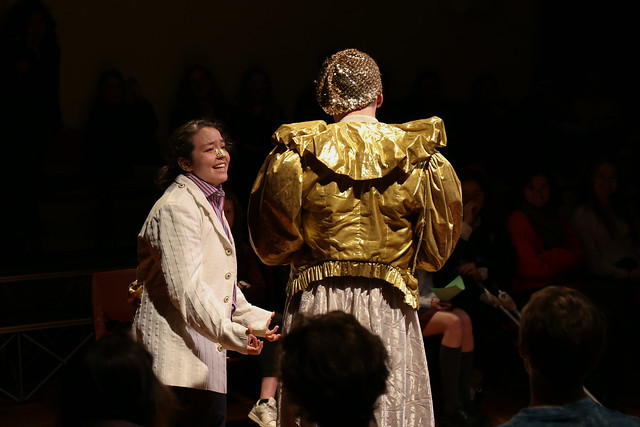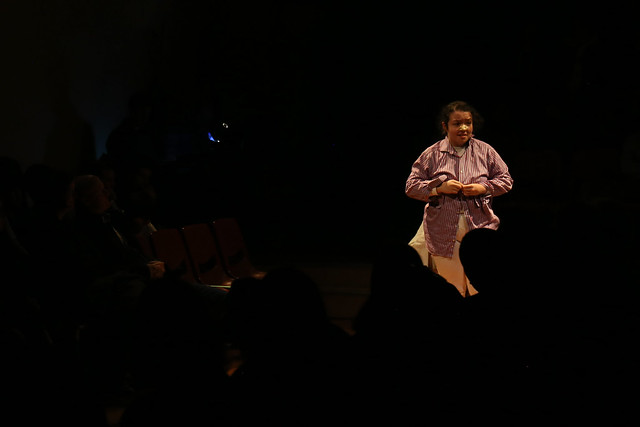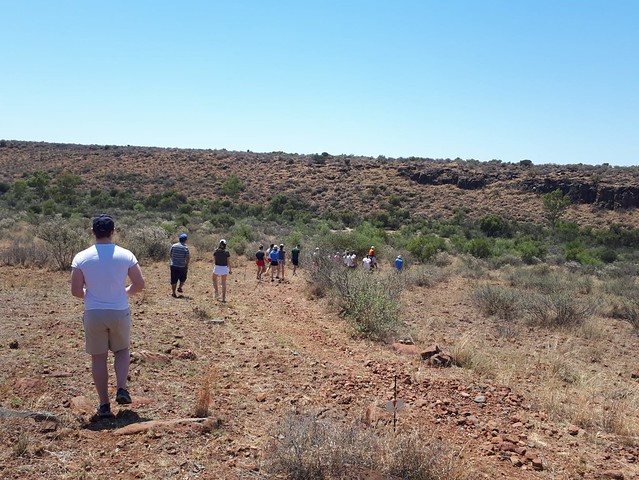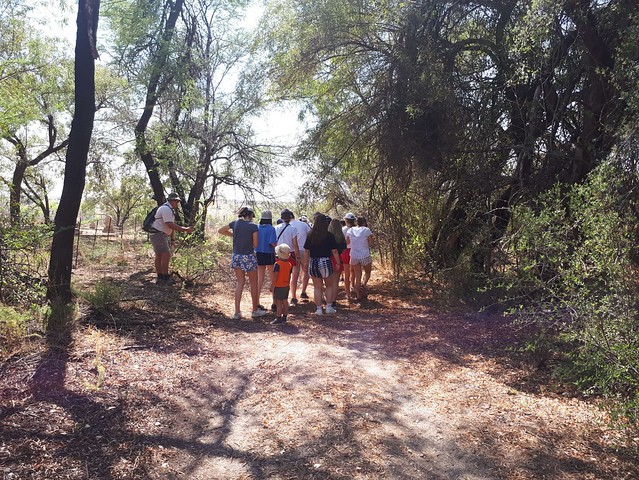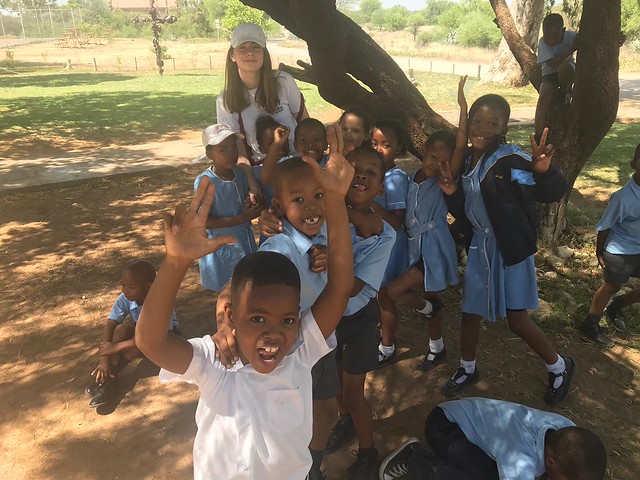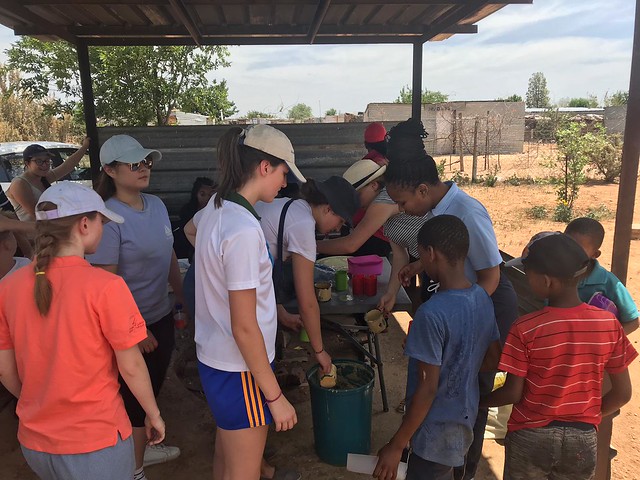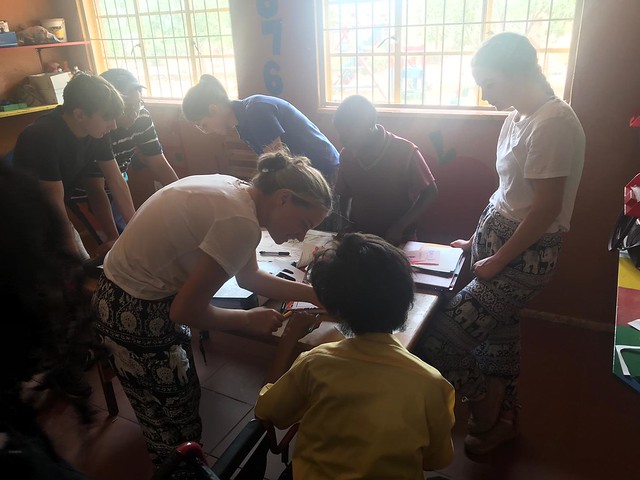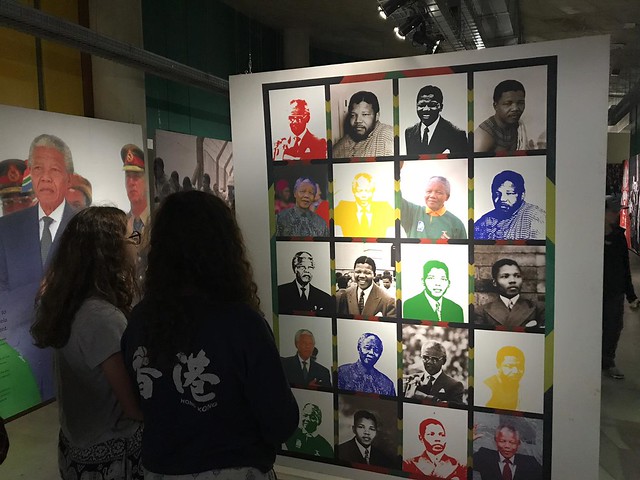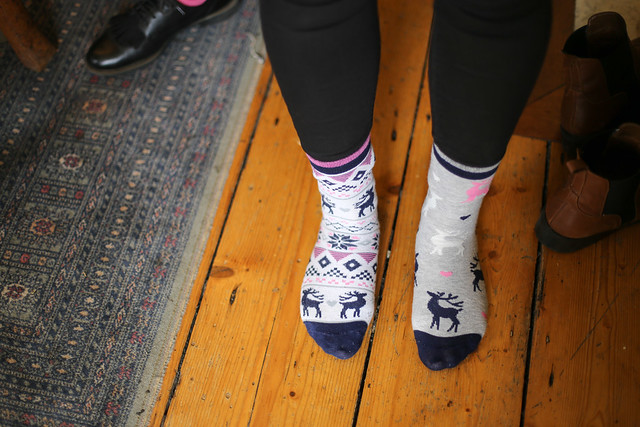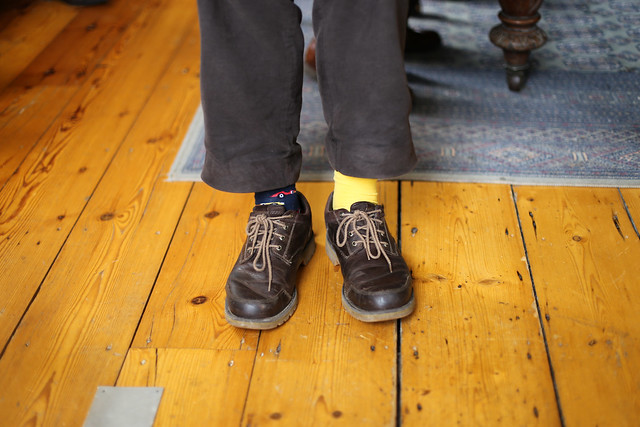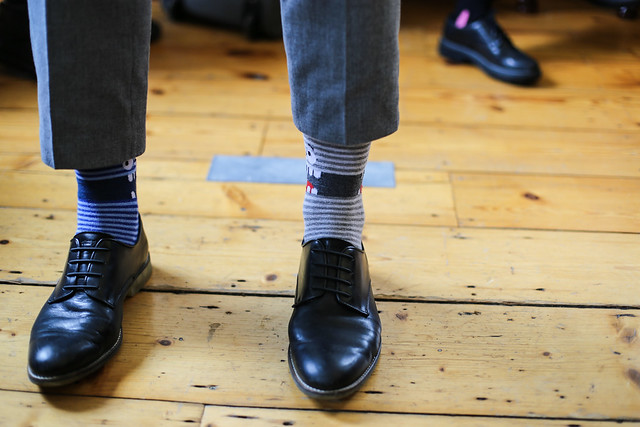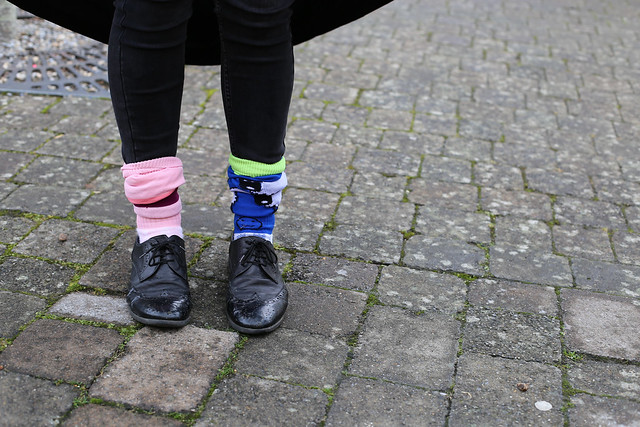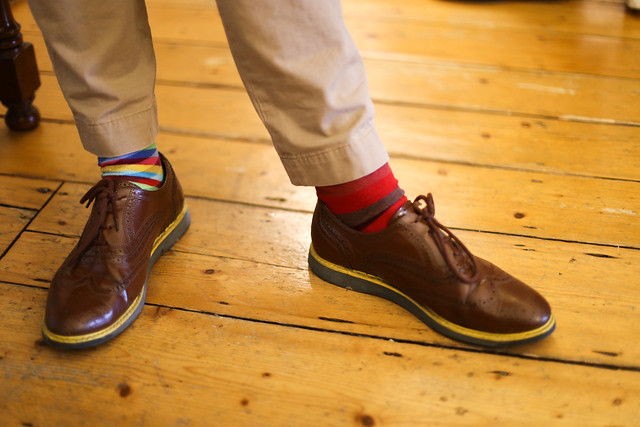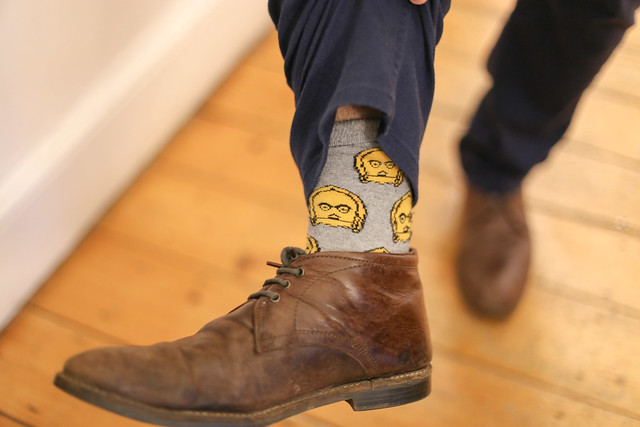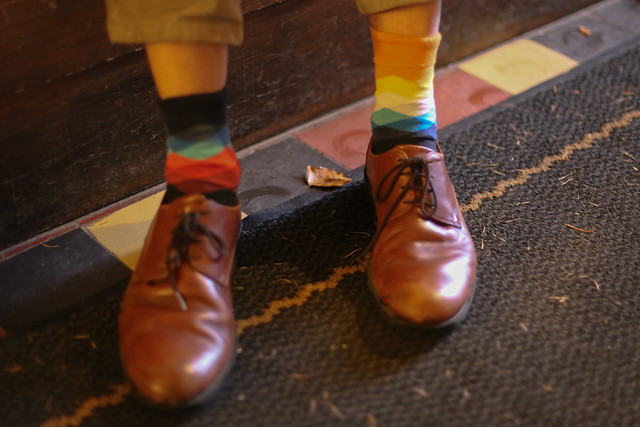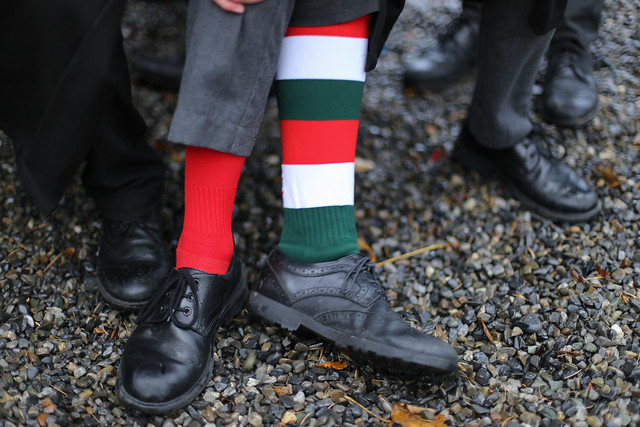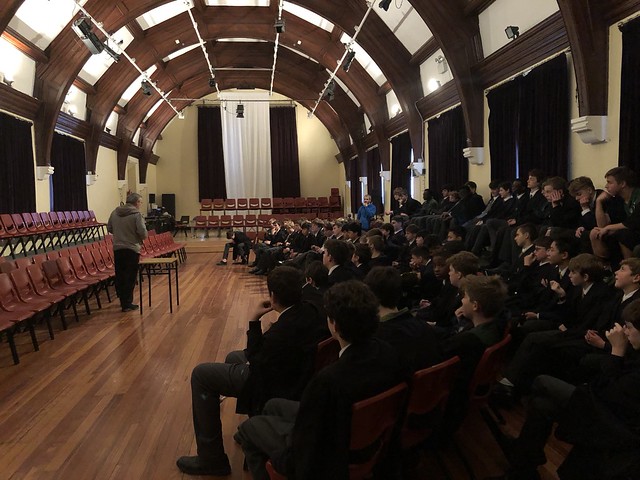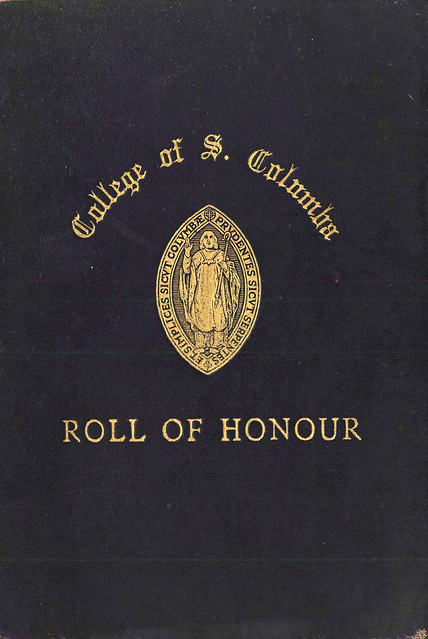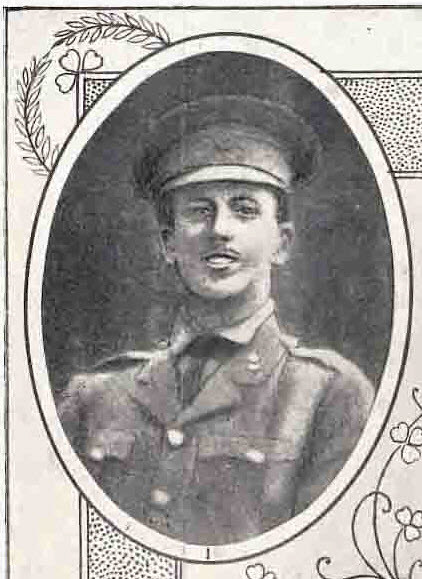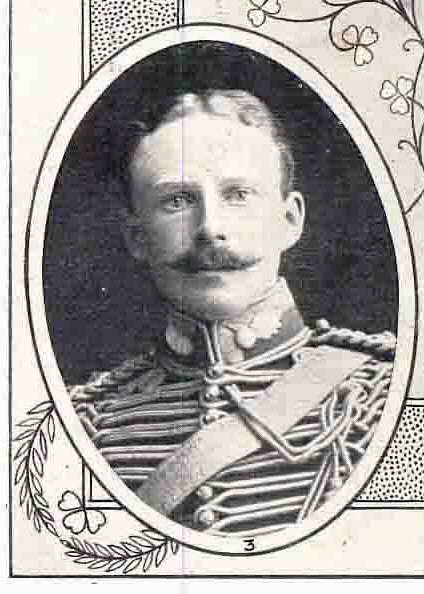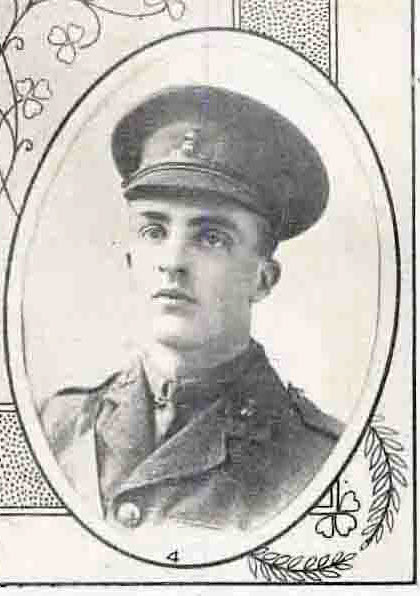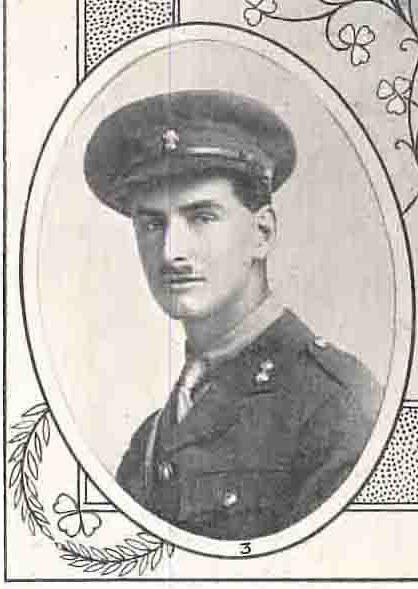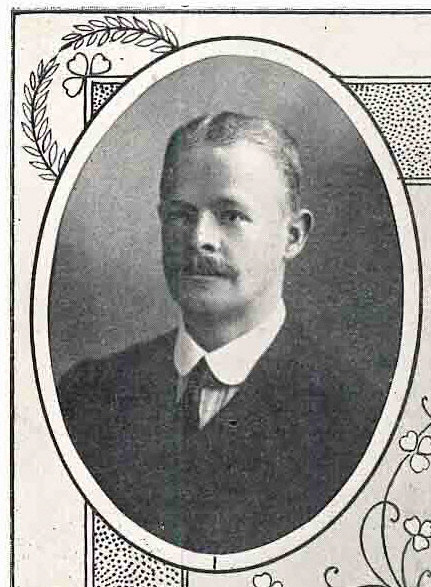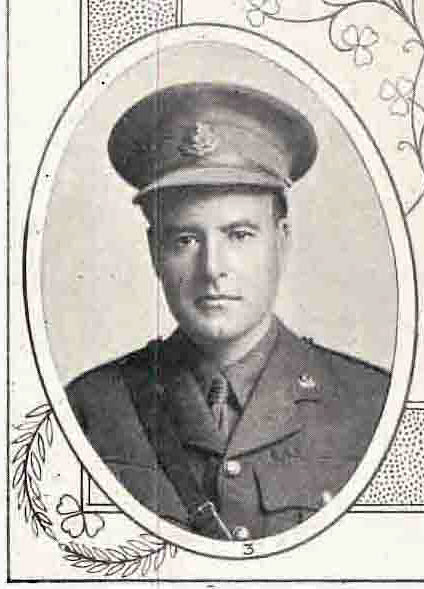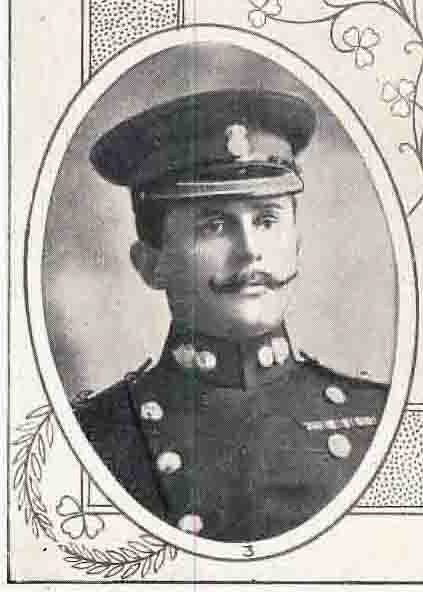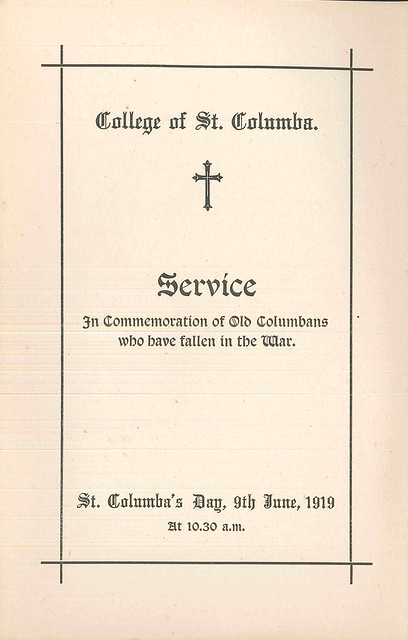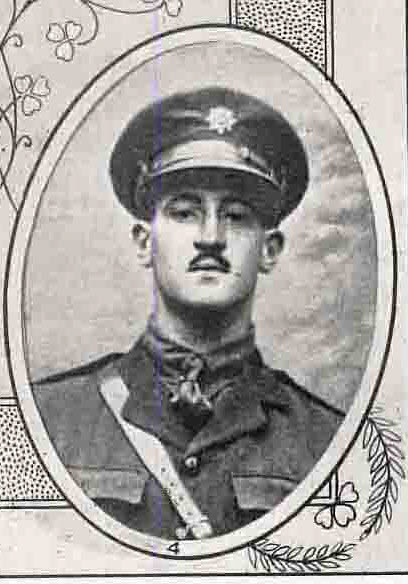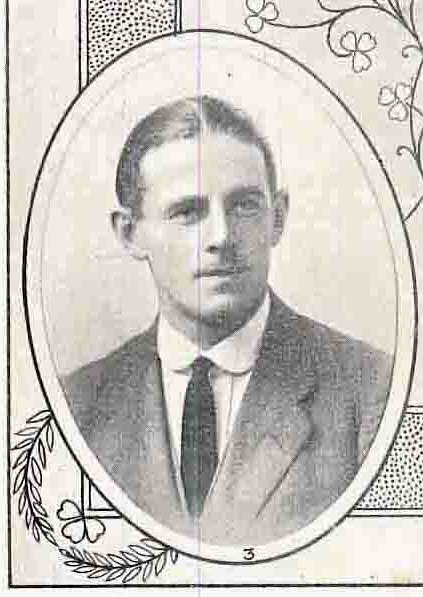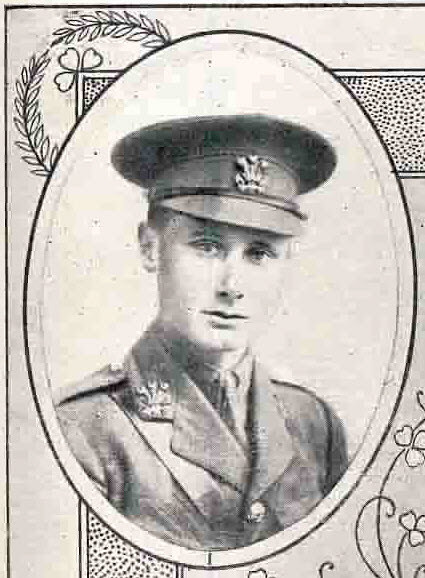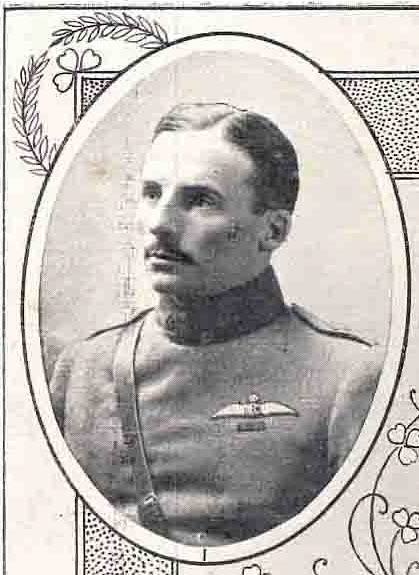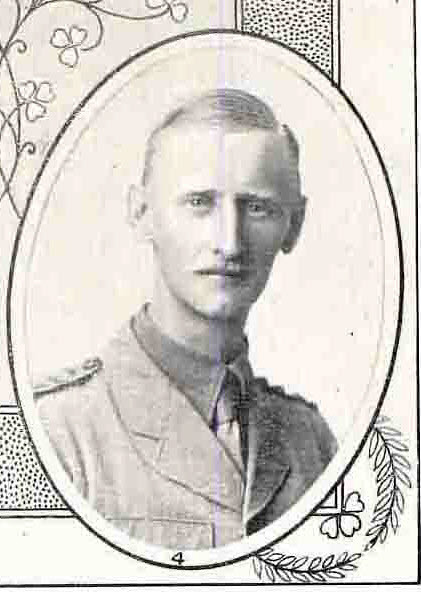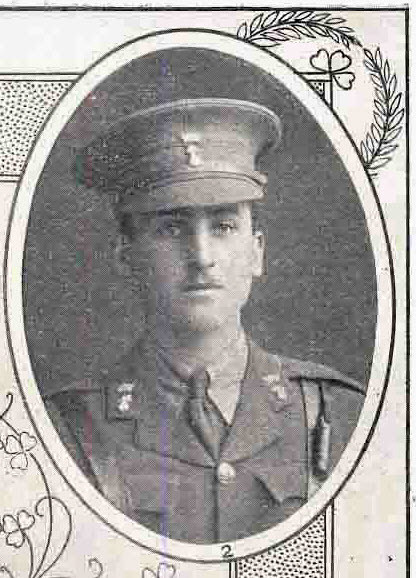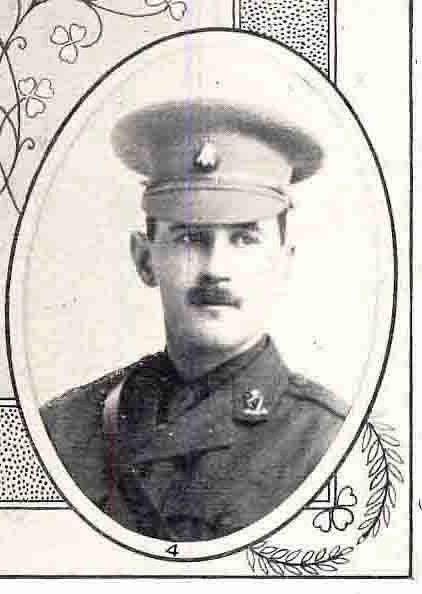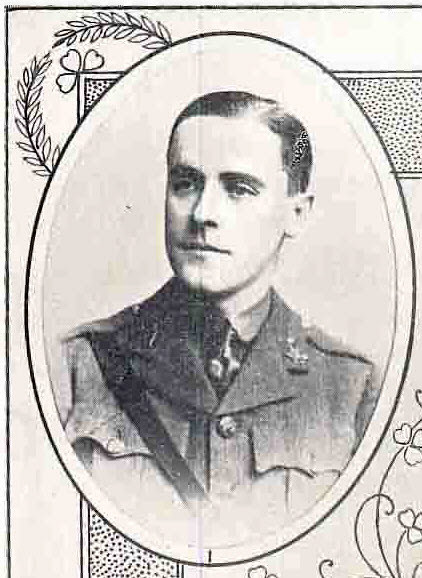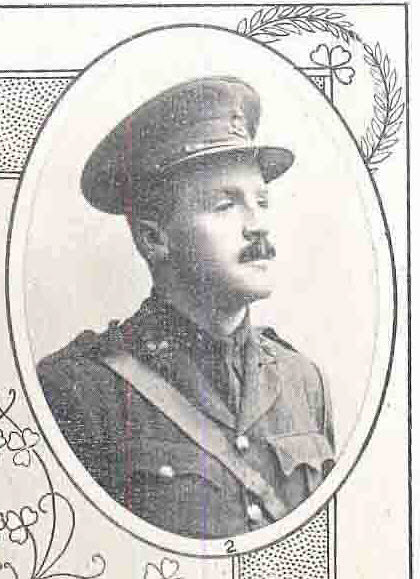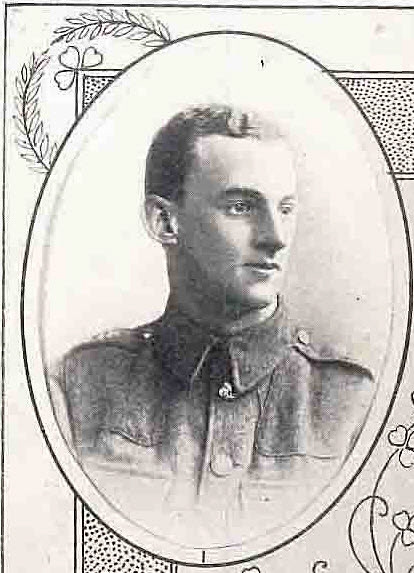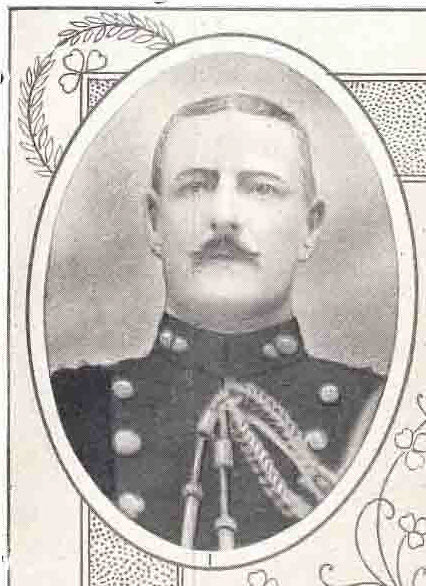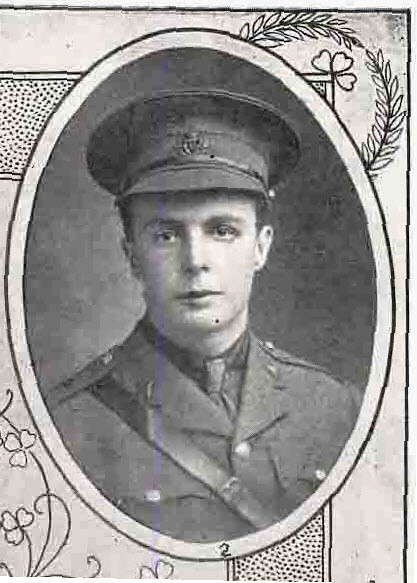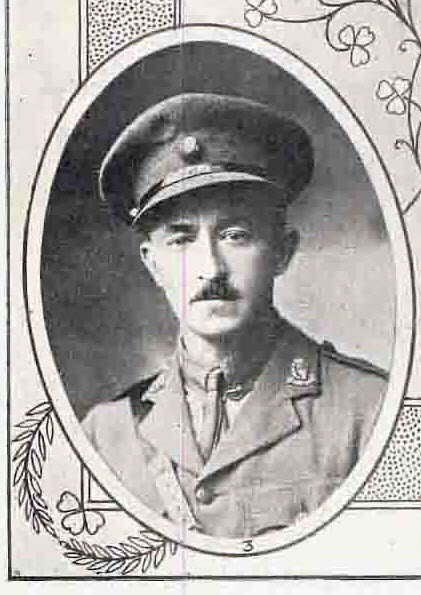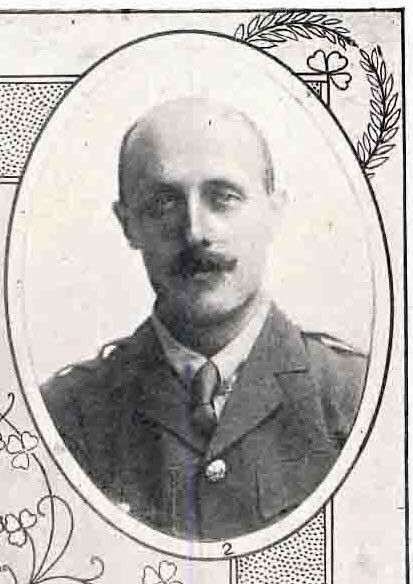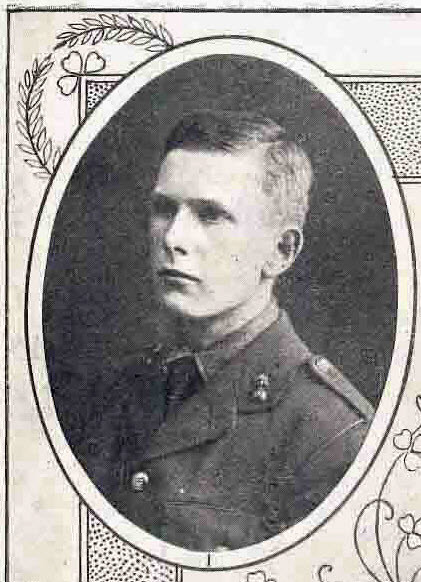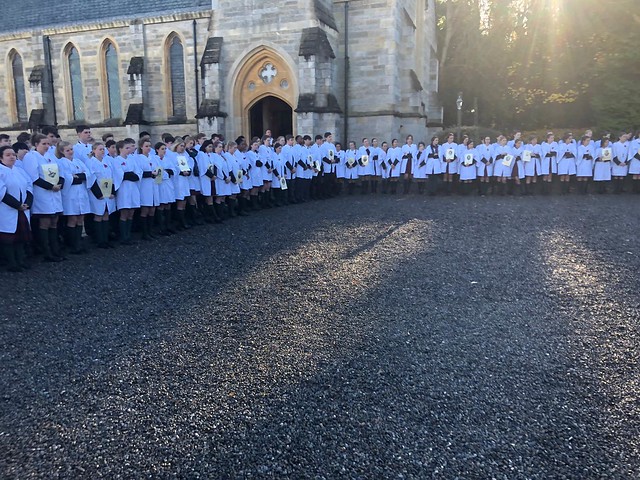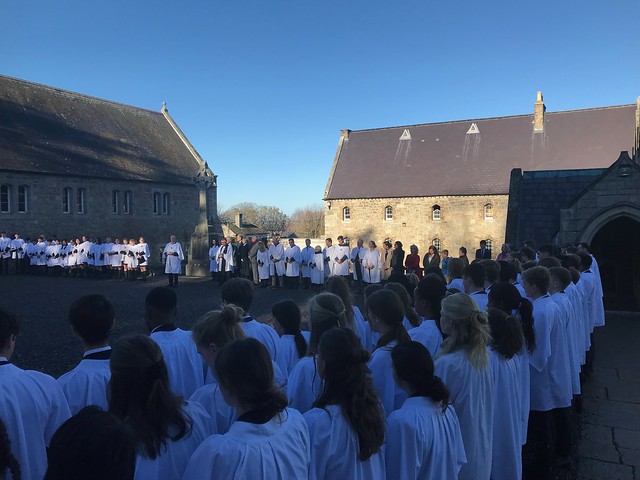Recent statistics tell us that if you do an Arts degree you will end up earning considerably less in your lifetime than those who have done degrees in Science or Economics and those who have done a degree in the performing arts are right at the bottom of the ladder. So that means that an Arts degree is a mistake and a waste of money. Pupils should be advised to choose only those degrees that will maximise their lifetime earnings and they should be steered away from fluffy degrees in music, art, literature, languages and history, which will disadvantage them. Right?
Wrong! I did a classics degree, so you can work out where my sympathies lie. I had the privilege of studying some of the greatest literature of the western world, poets such as Sophocles, Virgil and Horace, historians like Herodotus and Tacitus; I dabbled in Plato and Socrates (not very successfully), two of the greatest philosophers of any age and I immersed myself in Latin and Greek, the languages that give us 50% of all words in English, the language that is now the most widely spoken and influential language in the world, the language of Shakespeare, of the King James Bible, of Austen, Dickens, Byron, Keats, Yeats, Joyce…I could go on and on and you can will be able to add your own names to the list.
I remember talking to some parents of a boy in my boarding house (who shall remain unidentifiable), who asked me what degree I had done. Classics, I replied. With a look of derision they replied that their son was going to do Business, ‘a proper degree!’
Is it the job of a school to maximise its pupils future earnings or to educate them? Western education has always given great weight to the study of the Arts in general, disciplines that train the mind, feed the spirit and help to give life meaning. Reading great literature, for example, gives one an empathy for the human condition and an understanding of love, despair, heroism, folly…and creates a sense of wonder and adventure. History gives us a context and helps us to understand our place in a much bigger context. It is also absolutely fascinating. Sir Seretse Khama, the first President of Botswana, said ‘a country without a history is a country without a soul.’
The Irish system, like the International Baccalaureate, insists on the need to keep studying a broad range of subjects right through school. The scientist has to study literature, the artist has to study calculus, the economist has to learn a language. I like that. It is a better system than the A Level, the system that I was brought up on and in which, in my last two years at school, I studied only three languages, no Science or Maths or Economics.
How can it be a mistake to develop a love for the great Renaissance painters or the great classical composers, or the modern artists and musicians who still explore the frontiers of creativity. Such people are rich indeed.
Of course I have no issue with Science or Maths or Business degrees…that would be silly. But let’s not pretend that the value of a discipline can be reduced to its earning potential. As far as I am concerned I pity you if you do not know the foundation myths of Greek civilisation and you cannot scan the elegiac couplets of Virgil’s Aeneid. You are much the poorer for it.








